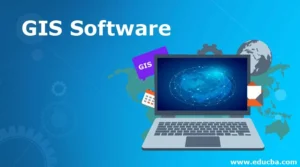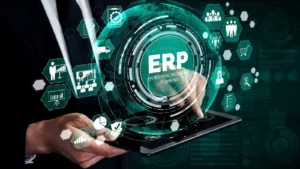From Chaos to Control With ERP Systems
Transform your business from disorganized to efficient. Discover how ERP systems help streamline processes, reduce errors, and boost productivity.

In today’s fast-paced business environment, managing daily operations can feel like putting out fires rather than executing strategy. Disconnected systems, manual processes, inconsistent reporting—these are all signs of operational chaos that hold businesses back. The solution? ERP systems.
Enterprise Resource Planning (ERP) systems are designed to streamline operations, unify data, and simplify workflows across every department. By replacing patchwork software tools and manual methods, ERP platforms empower organizations to run efficiently, make data-driven decisions, and scale with confidence.
What Is an ERP System?
ERP stands for Enterprise Resource Planning, and at its core, it’s an integrated software solution that connects your core business functions—such as finance, inventory, procurement, sales, HR, and customer service—into one centralized system.
Instead of having isolated tools for each department, ERP allows your teams to access the same, real-time data, improving collaboration, eliminating redundancy, and drastically reducing errors.
Common Signs of Operational Chaos
If your business is experiencing any of the following, it might be time to consider ERP:
Data is stored in multiple places with no consistency
Teams work in silos, leading to miscommunication
Inventory is hard to track or constantly inaccurate
You rely heavily on spreadsheets to manage operations
Financial reporting is slow or error-prone
Customer service suffers due to outdated information
These are red flags that your operations are lacking cohesion and efficiency—two things ERP systems are built to fix.
How ERP Brings Control
1. Centralized Data Access
ERP systems bring all your business data under one roof. No more jumping between platforms or chasing team members for updates. Every department—from accounting to inventory—accesses the same accurate, real-time information.
2. Automated Workflows
Repetitive manual tasks waste time and introduce errors. ERP software automates everyday functions like order processing, invoicing, payroll, approvals, and more—freeing up your team to focus on strategic work.
3. Integrated Departments
ERP connects various departments, ensuring smooth handoffs and better collaboration. Sales, operations, finance, and HR can all work in sync, supported by consistent data and shared workflows.
4. Real-Time Reporting & Insights
With built-in dashboards and reporting tools, ERP software helps you make fast, data-driven decisions. Whether it’s forecasting demand, reviewing financial performance, or tracking KPIs, you get visibility when it matters most.
5. Inventory & Supply Chain Optimization
ERP platforms allow real-time inventory tracking, reorder alerts, and supplier management. This helps reduce waste, prevent stockouts, and maintain lean, efficient operations.
6. Compliance & Risk Management
Especially important for businesses in regulated industries, ERP software helps maintain compliance with tax laws, labor regulations, audit standards, and more. Built-in controls reduce risk and improve accountability.
Industry Example: ERP in Action
Case Study: A Mid-Sized Retailer in the UAE
A regional retailer was managing operations through spreadsheets, manual inventory checks, and disconnected accounting tools. After implementing Microsoft Dynamics 365 ERP, they achieved:
40% reduction in inventory errors
2x faster order fulfillment times
Real-time sales and stock visibility across all locations
Seamless integration with e-commerce and POS systems
This transition took them from reactive management to strategic, data-backed decision-making—an excellent example of how ERP systems streamline operations across departments.
Key Benefits of ERP Implementation
Enhanced productivity through automation
Improved communication across teams
Faster and more accurate financial reporting
Scalability for future business growth
Greater customer satisfaction from improved service levels
Conclusion
If your organization is struggling with inefficiencies, inconsistent reporting, or siloed operations, it’s time to move from chaos to control. ERP systems offer more than just software—they bring a structured foundation for your business to grow and thrive.
From streamlining inventory to simplifying payroll, ERP solutions help businesses like yours stay agile, efficient, and competitive in a fast-changing world.
TOP ERP Products IN DUBAI
Explore our comprehensive range of ERP solutions designed to streamline and enhance your business operations. From financial management to inventory control, our ERP products are tailored to meet the diverse needs of businesses in Dubai, UAE. Discover the right tools to optimize your processes, improve efficiency, and drive growth.
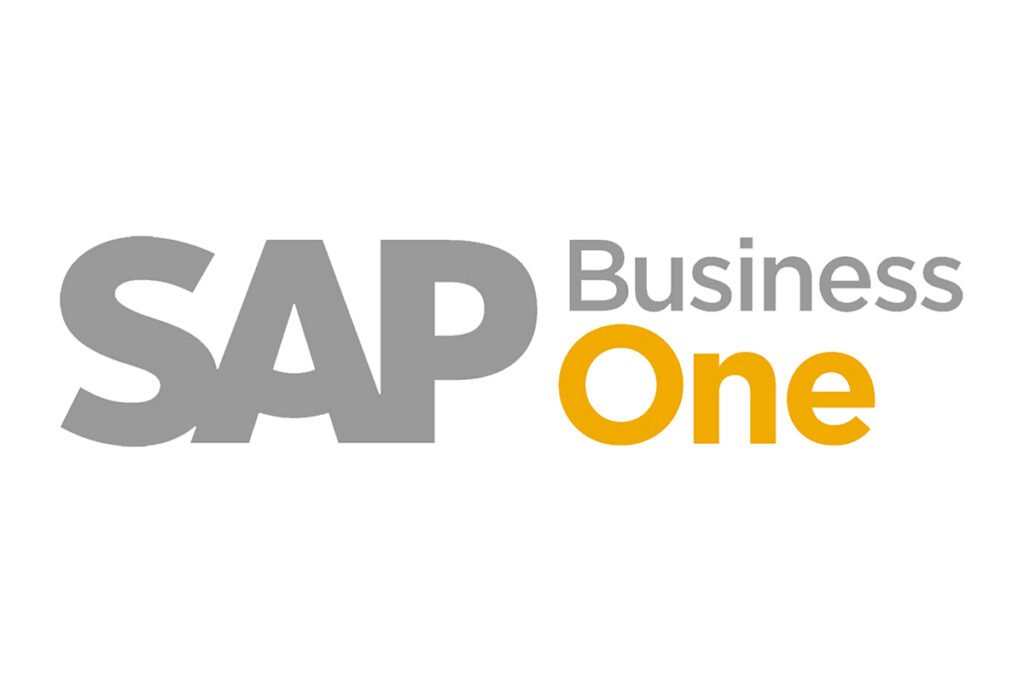
SAP Business One
SAP Business One (SAP B1) is an affordable, easy-to-use ERP solution designed for small and medium-sized enterprises. It covers all core business functions, including finance, sales, customer relationships, and inventory management.
- Integrated business management across departments.
- Real-time analytics and reporting.
- Customizable and scalable to grow with your business.
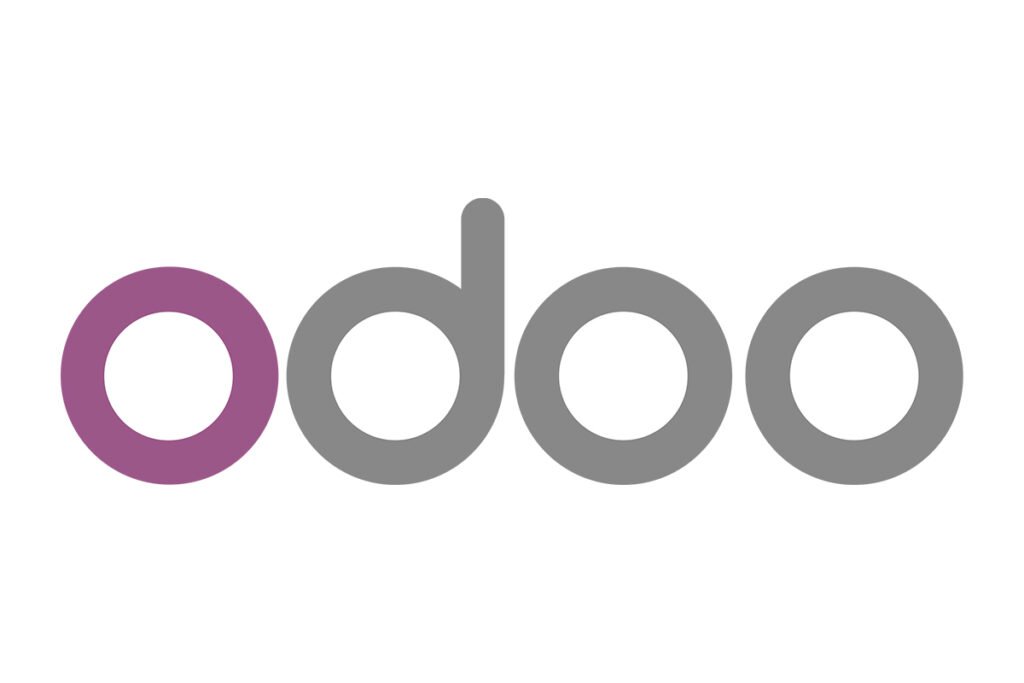
Odoo ERP
Odoo ERP is a comprehensive, open-source ERP solution that offers a suite of business applications to manage various functions. Its modular approach allows businesses to start with what they need and add more as they grow.
- Modular design for flexibility and scalability.
- User-friendly interface and easy integration.
-
Affordable with open-source community support.
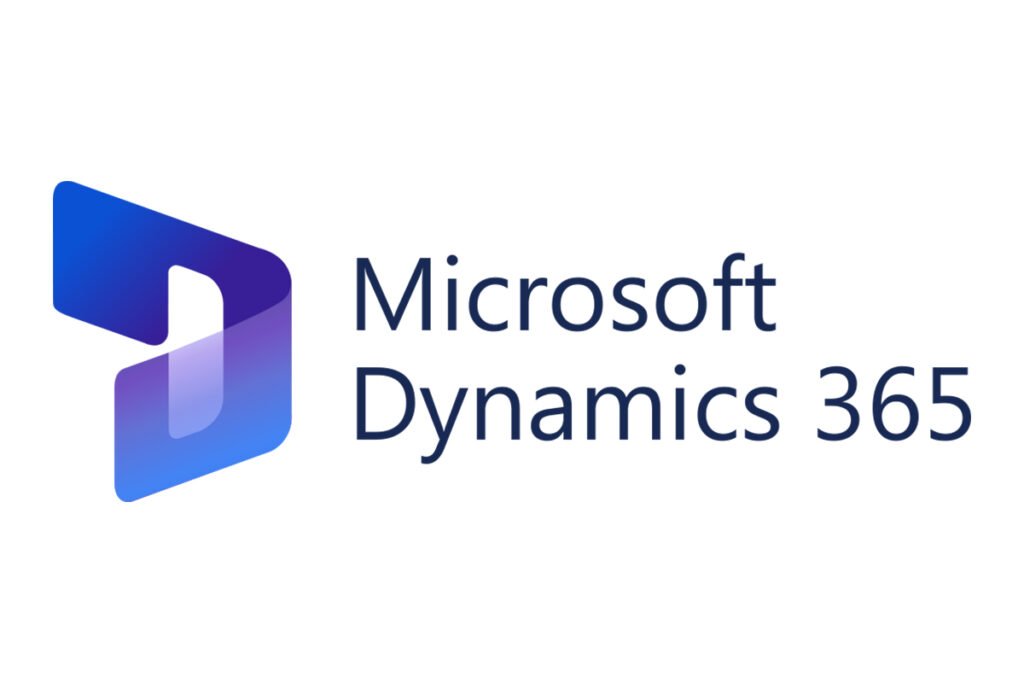
Microsoft Dynamics 365
Microsoft Dynamics 365 is a comprehensive cloud-based ERP and CRM solution that integrates seamlessly with Microsoft products. It provides tools to streamline business processes, enhance customer engagement, and drive growth across various industries.
- Integrated ERP and CRM capabilities for unified business management.
- Scalable and flexible cloud-based solution.
-
Real-time data analytics and insights with built-in AI.

Sage X3 ERP
Sage X3 ERP is an advanced enterprise resource planning solution designed to streamline and enhance complex business processes, providing robust functionality for manufacturing, distribution, and services industries.
- Enhanced data visibility and real-time insights.
- Scalable to support business growth.
- Comprehensive modules for finance, supply chain, and production.
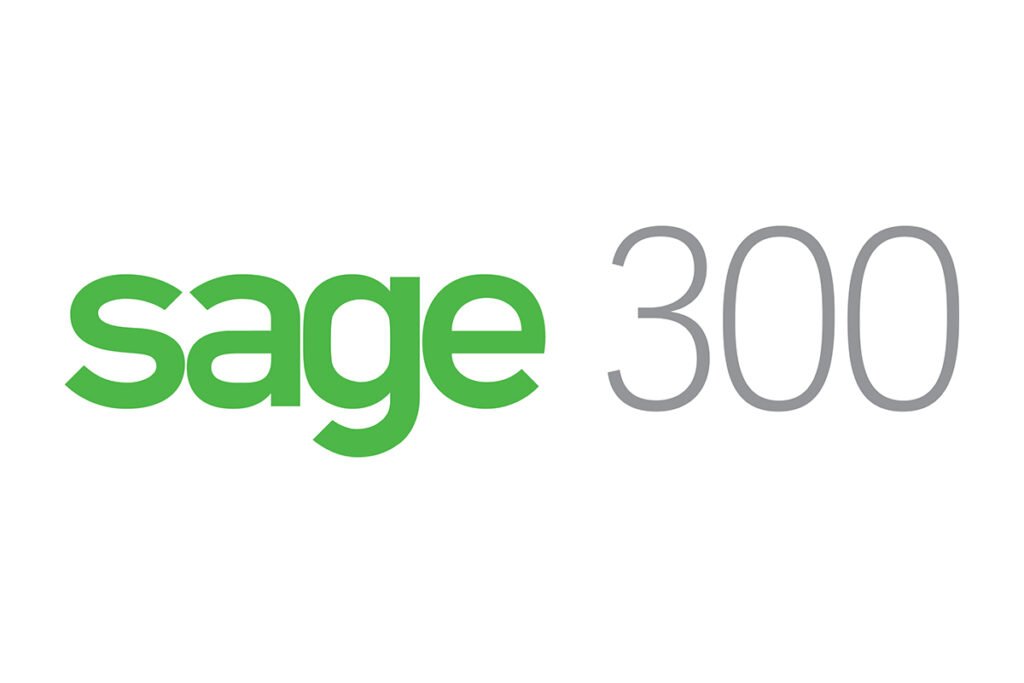
Sage 300 ERP
Sage 300 ERP, formerly known as Accpac, is a mid-market ERP solution ideal for small to medium-sized businesses. It offers flexible modules for finance, operations, and inventory management, helping businesses streamline their processes.
- Multi-currency and multi-language support.
- Customizable modules to fit business needs.
-
Strong financial management capabilities.
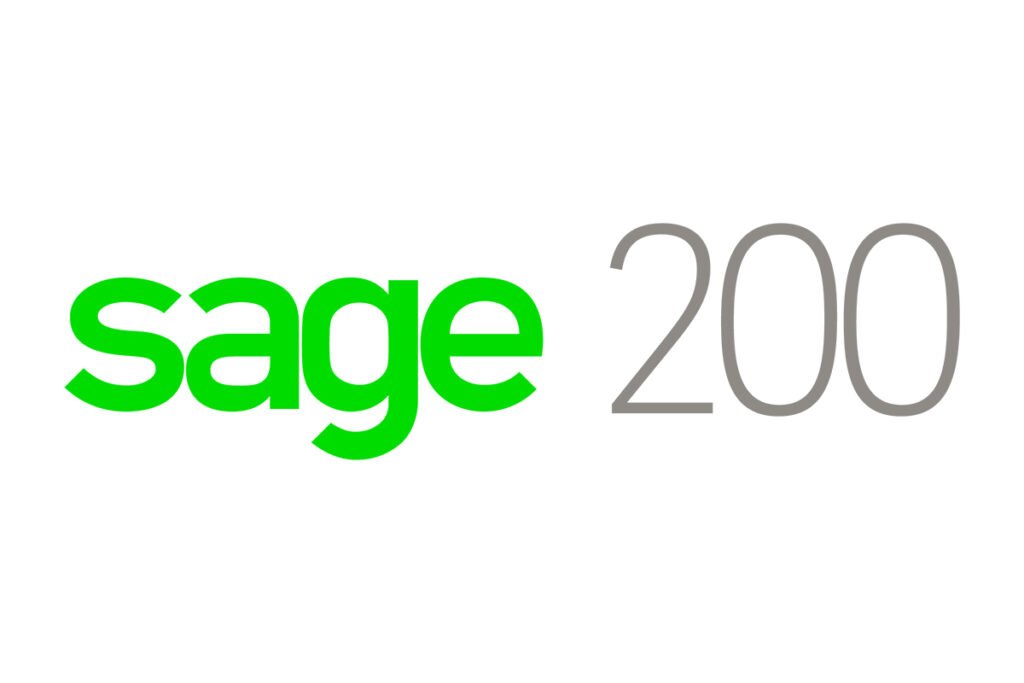
Sage 200 ERP
Sage 200 ERP is a robust solution designed for growing businesses that need a powerful yet flexible system to manage their operations. It provides comprehensive tools for financial management, supply chain, and project accounting.
- Real-time business insights and analytics.
- Scalable to accommodate business expansion.
-
Flexible deployment options (on-premise or cloud).
The Future of Business Management
with Adept ERP
At Adept Business Solutions, we specialize in providing cutting-edge ERP and accounting software solutions designed to meet the unique needs of businesses in Dubai, UAE. With over 15 years of industry expertise, we are dedicated to empowering organizations with innovative tools and personalized support for sustainable success.
- Tailored Solutions for Your Business Needs
- Expert Guidance and Support
- Enhanced Operational Efficiency
BoOK YOUR DEMO !
To book your Product Demo please complete the form:

